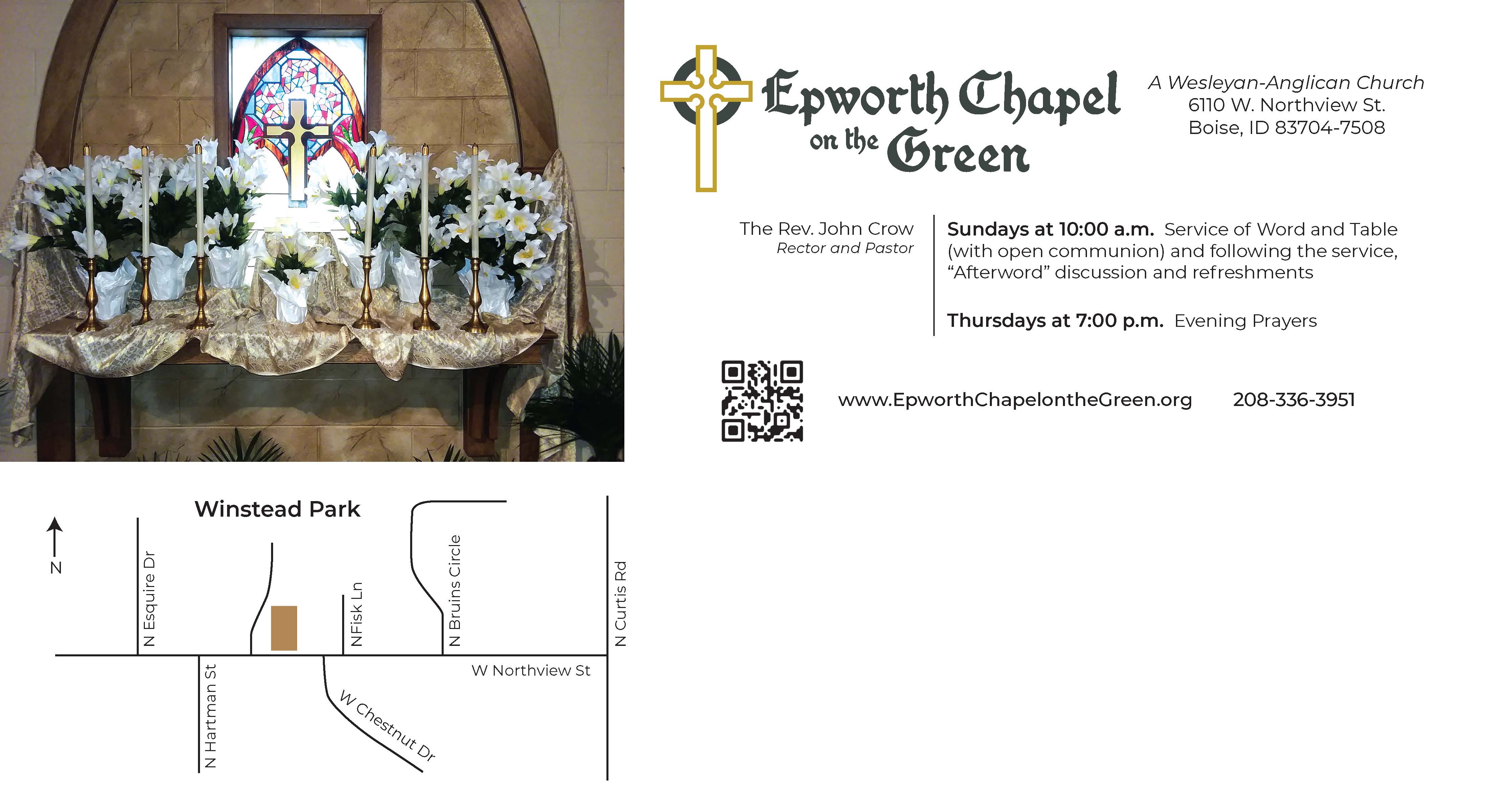What does Easter mean?
In most countries, the name for Easter is derived from the Aramaic word for Passover, because the Jewish Passover festival was celebrated at the time of Jesus’ death and resurrection. In French it is Paques; in Spanish, Pascua, and in Italian, Pasqua. Though there are competing theories, it is now widely believed that the English name Easter derives from the Latin term in albis, meaning “dawns”. In Old High German, it became eostarum. This explains why the English name Easter is so similar to the modern German name for the same day, Ostern.
There is an old competing theory, however, based on the assumption that most Christian festivals were timed to supplant pre-Christian pagan ones. This belief, dating back to the 8th century, is that the name Easter comes from Eostre (also Eostrae), the Anglo-Saxon goddess of spring and fertility.
When is Easter?
The date of Jesus’ death and resurrection was not recorded, however it is linked to the Jewish Passover festival, which took place at the same time. The ancient Jewish calendar was a lunar calendar. At the Council of Nicaea (325 CE), church leaders decided that Easter would always be on the Sunday following the first full moon after the Spring equinox. As if that weren’t complicated enough, they used what was called a “Paschal” (see above) full moon, which they calculated mathematically, and may not always be the same day as when the moon appears full in the night sky.
One last note: The Western (Roman Catholic) Church uses the Gregorian calendar, while the Eastern (Orthodox) Church uses the Julian calendar. As a result, Orthodox Christians typically celebrate Easter later than Catholics and Protestants. There have been recent attempts to standardize the date for Easter, but no agreement has been reached. Western Easter can fall anywhere between 22 March and 25 April. This year it is March 31st.
Why is Easter the holiest day of the year for Christians?
Easter celebrates the resurrection of Jesus Christ in Jerusalem roughly 2,000 years ago. By His resurrection, Jesus paid the price for mankind’s sins, once and for all (1 Peter 3:18). He defeated death, proving that eternal life exists for those who put their faith in Him. Of course, He had to die first, which happened on a Roman cross just outside Jerusalem at a place called Golgotha. The penalty for sin is death, but we are all released from that penalty because God Himself paid that price on our behalf! (Romans 6:23). This is the entire foundation for the Christian faith, and what sets it apart from all other religions.
Maundy Thursday is when Christians commemorate Jesus’ arrest in the garden of Gethsemane. The next day, Good Friday, is the day Christians remember the crucifixion. On Holy Saturday, the body of Jesus lay in the tomb. Easter morning is when He arose, and the women who went to his grave found the tomb open and empty! It is because of Jesus’ resurrection on a Sunday that the Christian Church moved the primary religious day from the Jewish sabbath (Saturday) to Sunday.
What is Holy Week?
Holy Week is the week from Palm Sunday to Easter. It marks the highlight of the liturgical year. Holy Week takes us back to the last week of Jesus’ life prior to his resurrection. It starts with His triumphal entry into Jerusalem on what is known as Palm Sunday because of the palm branches that were laid on the road before Christ and waved as he entered the city.
Next Christians mark Maundy Thursday, the day Jesus celebrated the Passover with His disciples, which we also call the last supper. It was there that He instituted the sacrament of communion, where His body is represented by bread and wine. Following the last supper, He led His disciples to the garden of Gethsemane to pray. It was here that Judas led soldiers to arrest Jesus.
The next day is known as Good Friday. On this day was the trial before Pontius Pilate, the Roman governor, who though he could find no evidence of Jesus, handed him over for the most severe penalty: crucifixion. Good Friday was the day Jesus died.
On Holy Saturday Jesus body lay in the tomb where Joseph of Arimathea had laid Him. The spirit of Jesus went to the place of the dead and preached to the souls there who died before Jesus was alive. The three days of Maundy Thursday, Good Friday, and Holy Saturday are referred to as The Great Triduum—the Great Three Days. Church services on these days are considered one continuing service.
Lastly is Easter itself, when Jesus arose from the dead. Without Jesus rising from the dead, there would be no reason to celebrate. There would be no Christianity.







